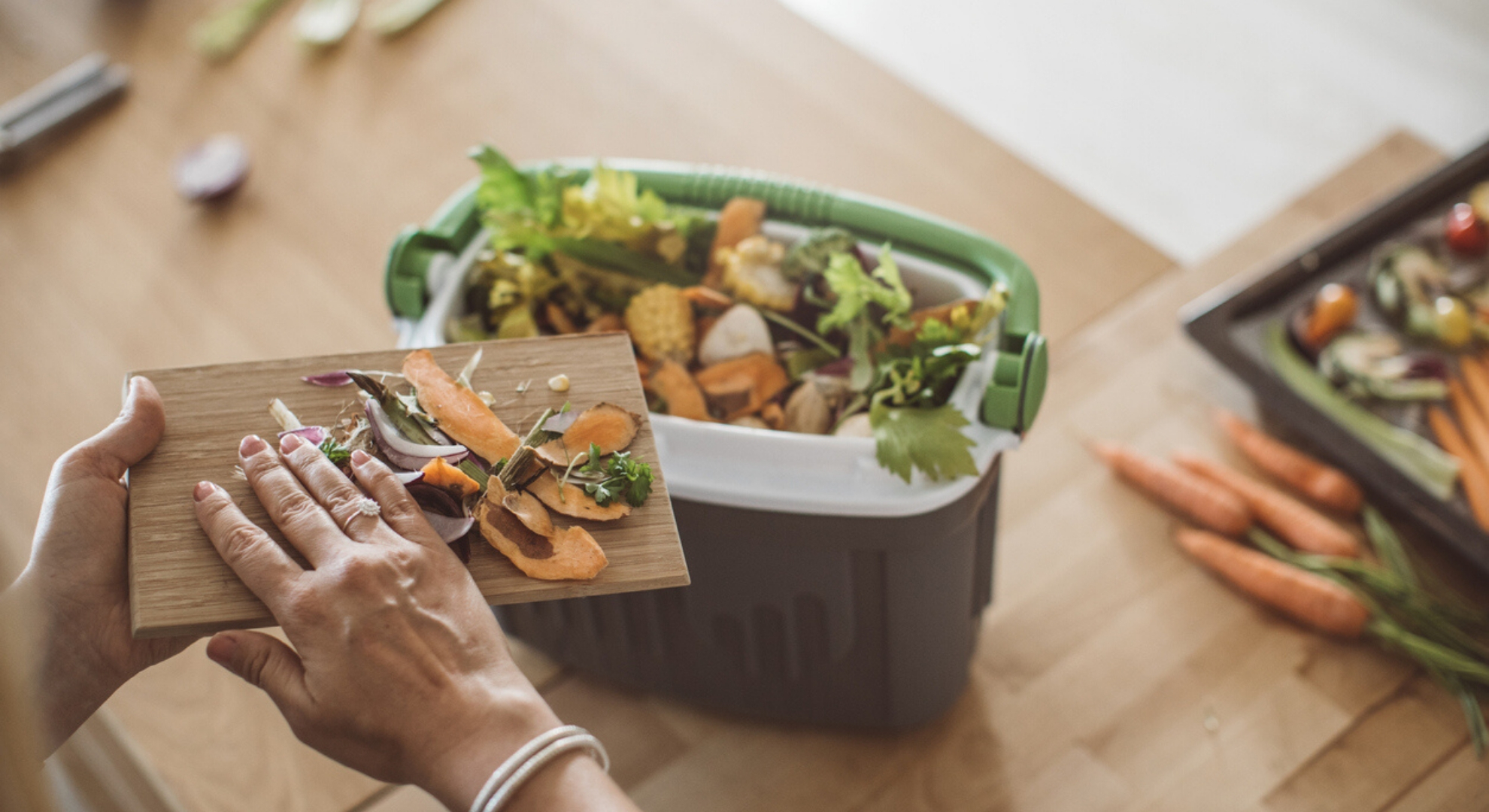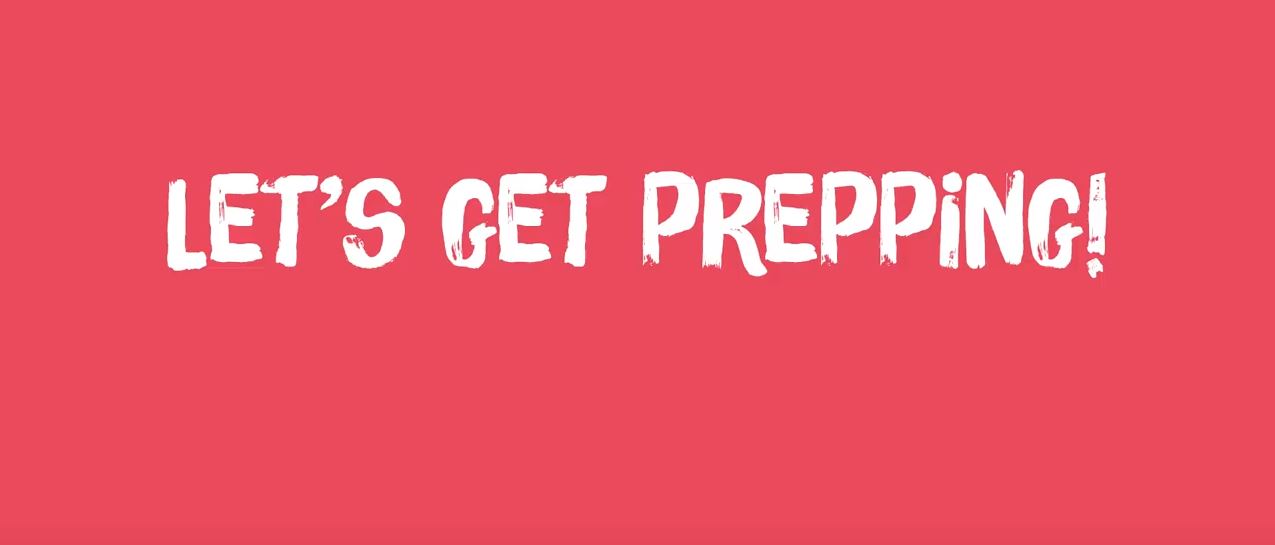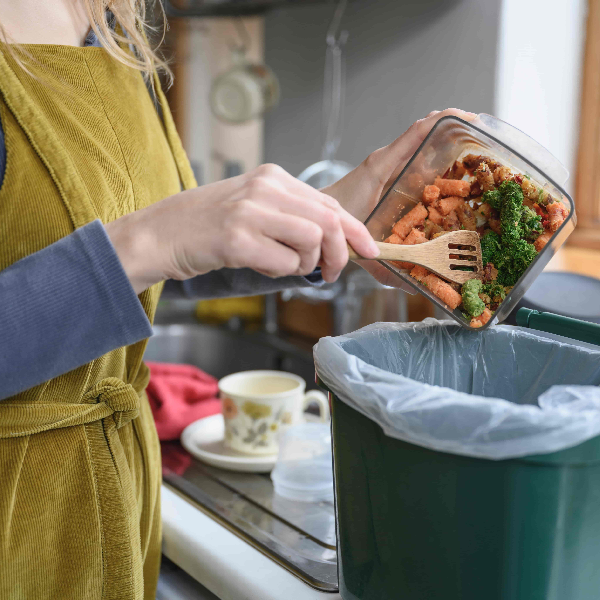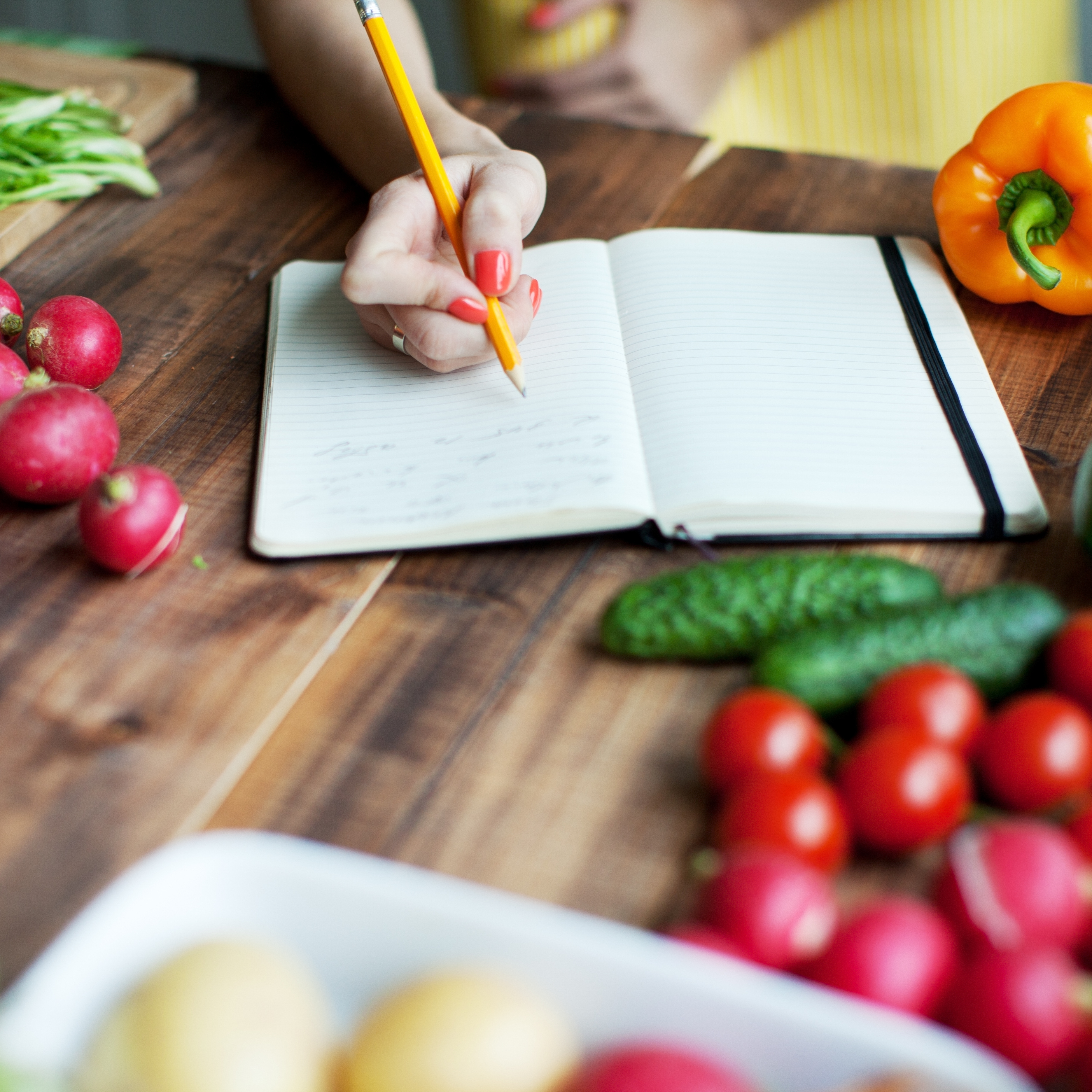
Food & Drink
When we waste food or drink, we waste all the resources that went into growing, processing, transporting, packaging and cooking it. When we throw food away without recycling, it rots in landfill and emits methane; a damaging greenhouse gas.
What is reducing food waste?
Using leftovers
Food recycling
Better storage
Planning & recipes

Around half of the good food we bin from our homes is wasted because we didn’t use it up in time.
Share on
Reasons to reduce food waste
Reduces methane emissions.
Saves you money.
Saves resources (human, land, animal and fossil fuels).
Shows respect and care for food, family, the planet and the people on it.
Helps to bring people and communities together.
Take the next step
Buy only what you need
Write shopping lists and check cupboards or fridges before you shop.
Use what you buy
Keep an eye on portion sizes, freeze and store portions effectively and reuse leftovers.
Spread the word
Ask the businesses that you buy from to reduce their food waste.
Cheese and sweetcorn savory muffins recipe
Great for getting kids to eat their veggies! Savoury muffins freeze well. Freeze them in an airtight container or freezer bag. Defrost individual muffins as you need them. Halve the ingredients if you’re short of freezer space to make around six muffins.







